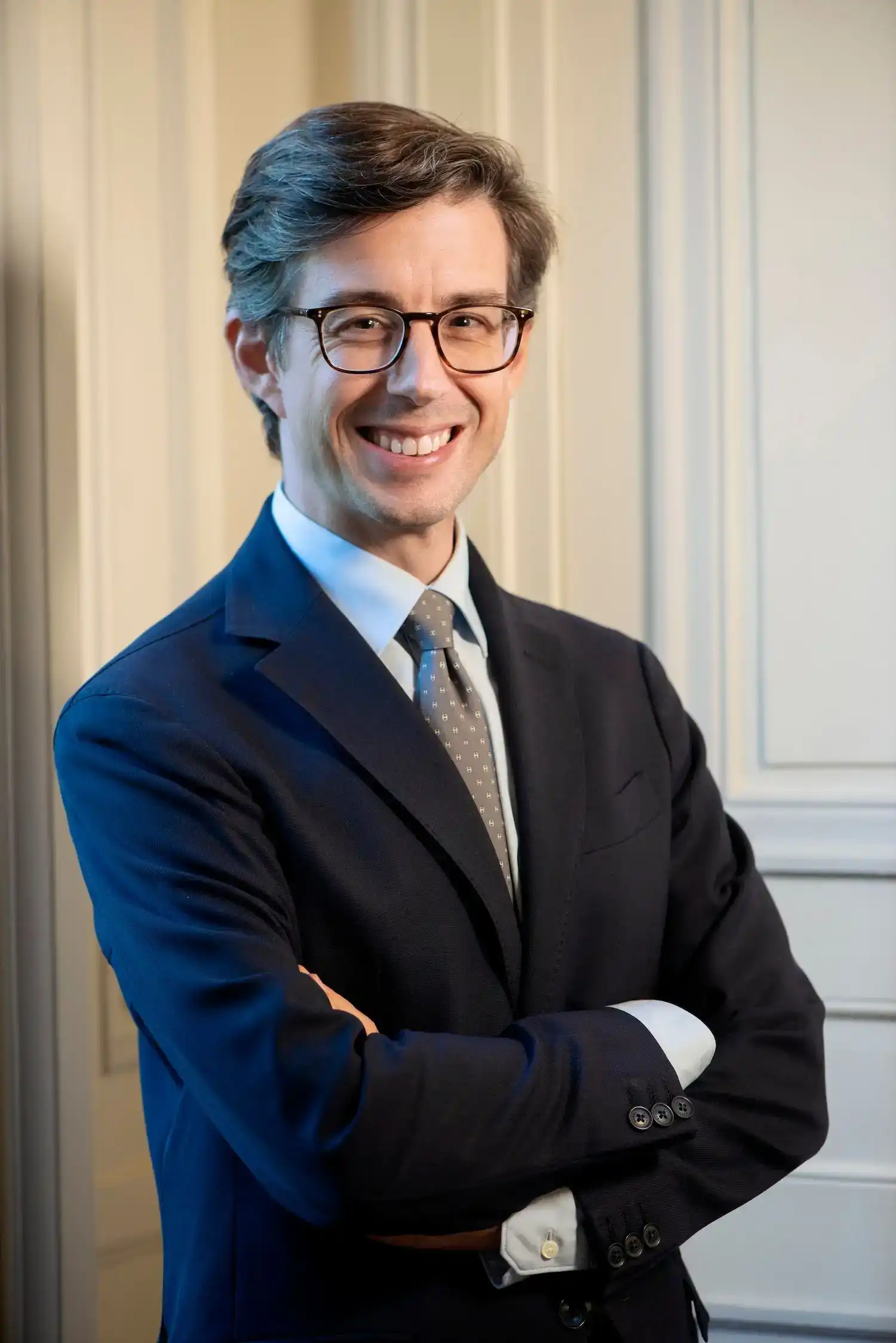Home>Sciences Po Strengthens Its Policy of Welcoming International Researchers with the Appointment of New American Visiting Scholars
12.05.2025
Sciences Po Strengthens Its Policy of Welcoming International Researchers with the Appointment of New American Visiting Scholars
Sciences Po, a world-class research university, has been host to a significant number of leading international scholars for over two decades. With nearly 50% of its student body made up of international students and one of the most open academic communities in Europe, Sciences Po offers an interdisciplinary environment suited to analyse contemporary disruptions, all within a framework that safeguards academic freedom and freedom of speech — key conditions for academic work.

« Europe’s strategic autonomy lies in part on an intellectual ambition: acknowledging universities as a central pillar of European identity, agency, and influence. Through the defence of academic freedom, the promotion of open debate, and the protection of long-term knowledge, higher education constitutes a critical infrastructure of our democracies. »
Luis Vassy
President of Sciences Po
Two new researchers from the universities of Princeton and Cornell
In December 2024, Sciences Po launched a call for applications within the “Sciences Po Visiting Fellowship” programme, aimed at welcoming scholars from the United States. This initiative highlights Sciences Po’s commitment to fostering open, rigorous, and independent research. The Visiting Fellowship programme will be renewed for the 2026–2027 academic year, with two new positions opened.
The two selected fellows, Professor Sanyu A. Mojola from Princeton University and Professor Rachel Beatty Riedl from Cornell University, were chosen from among numerous prominent applicants. They will join Sciences Po for one semester: Professor Mojola will be hosted by the Centre for Research on Social Inequalities (CRIS), and Professor Riedl by the Centre for International Studies (CERI).
Sanyu A. Mojola
Sanyu A. Mojola is a Professor of Sociology and Public Affairs and holds the Maurice P. During Chair in Demographic Studies at Princeton University. Her research, which combines multiple methodological approaches, investigates how societies produce health and illness, with a particular focus on the HIV/AIDS pandemic in diverse contexts such as Kenya, South Africa, and the United States. She has studied how social dynamics within schools, communities, labour markets, cities, and ecosystems contribute to health inequalities. Her work pays particular attention to the ways in which life course, gender, ethnicity, and socio-economic status shape health outcomes.
Rachel Beatty Riedl
Rachel Beatty Riedl is the Director of the Center on Global Democracy at the Brooks School of Public Policy and Professor in the Department of Government at Cornell University. Her research focuses on democracy and authoritarianism globally, with a particular emphasis on Africa. She explores regime transitions, participation, institutions, political parties, religion, and local governance.
Strong and longstanding ties with the United States
Sciences Po maintains close ties with the United States…
Regarding education:
- Every year, 15% to 20% of all American students who choose to study in France do so at Sciences Po,
- the largest international student population at the university,
- with nearly 1,000 enrolled for the 2024–2025 academic year
- 84 university partnerships,
- including 10 dual degree programmes (with Columbia University, UC Berkeley, and Georgetown University),
- leading destination for Sciences Po students in their third year abroad
- with over 220 exchange students in the US in 2025–2026.
And regarding research:
- The Alliance programme brings together Columbia University, École Polytechnique, Université Paris 1 Panthéon-Sorbonne, and Sciences Po to promote bilateral academic cooperation,
- our doctoral fellowship programme with seven American partners, aimed at building a transatlantic network of young researchers,
- nine American scholars are members of our permanent faculty (out of 280),
- alongside numerous PhD candidates, postdoctoral researchers, and visiting professors — among them the Nobel Prize-winning economist Joseph Stiglitz.